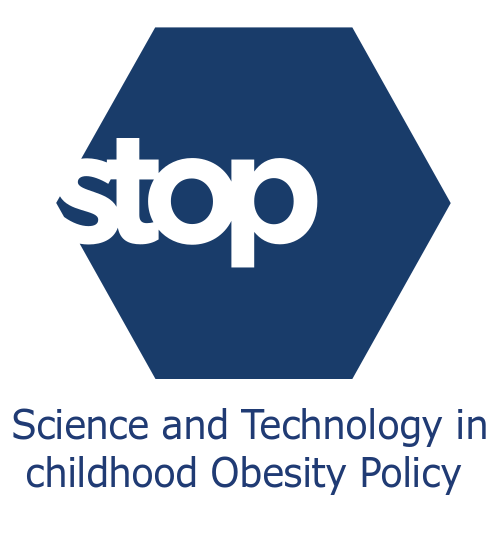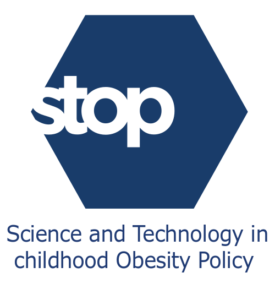Over the last 4 years, the STOP project has been undertaking research on the determinants of childhood obesity and the policies and interventions that are necessary to address the rising prevalence of childhood obesity.
Throughout the project, work has been undertaken to better understand the roles and views of different stakeholders, as well as to identify key considerations for ensuring multistakeholder initiatives enhance, rather than hinder, progress. This work culminated in a 3-day conference held in Ljubljana, which brought together the STOP consortium and partners, as well as Member State representatives from the WHO Regional and European Commission. The event focused on the potential for research recommendations to inform policies and was an opportunity to discuss the next steps for childhood obesity research and policy.
The first day of the event focused on the findings of the STOP project, covering research on physical activity in schools, health care interventions for families, government and industry progress to meet global best practice, and the need for stronger regulation on areas such as taxes and marketing. The need to think outside of health and to include civil society, as the voice of citizens and public good, was made particularly clear both in a panel discussion and following session on NGOs involvement in policy. The Director-General of the Directorate of Public Health at the Ministry of Health of Slovenia and WHO Executive Board Chair Dr Kerstin Vesna Petrič was a welcome speaker and guest, providing inspiration and energy to the room about the way forward at a national and regional level.
The second day brought together WHO Euro Member States for the first time since before the COVID pandemic, and representatives were invited to share updates on their activities to help address childhood obesity and improve nutrition and physical activity status across the population. The WHO-STOP Policy Briefs that were launched earlier this year were used as a reference point, and discussions revolved around the value these bring for helping advance and develop national policies.
The final day built on the knowledge and discussions from the previous two days, and was dedicated to discussing solutions to implementation challenges and identifying tangible opportunities for EU Member States to work together, including as part of the new joint action on health determinants. As a closing point, it was recognised that in addition to focusing on health as a silo, there is also a need to further recognise and explore the links between health and environment sustainability, and the inter-related systems that impact both of these.
Reflecting on the event as a whole, it was clear that there was a lot of interest and motivation in the room to take action. With increasing evidence on what needs to be done, and guidance on how to do it, policymakers and civil society alike must now work together to ensure meaningful action at a global, regional and national level.

